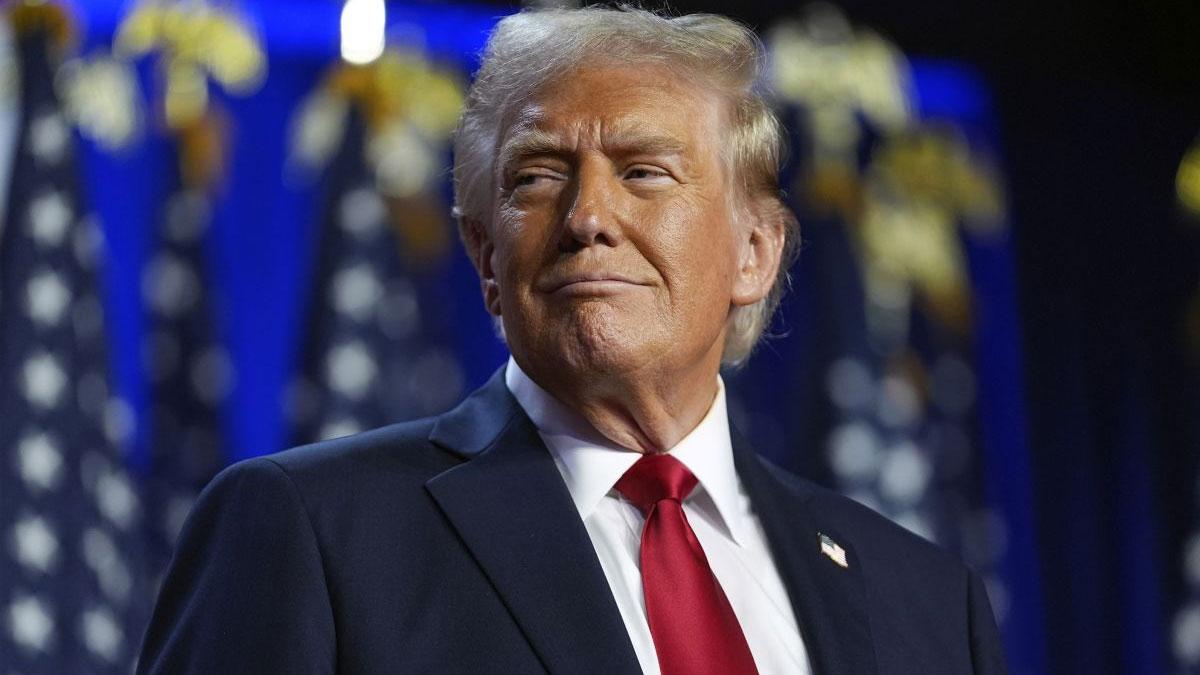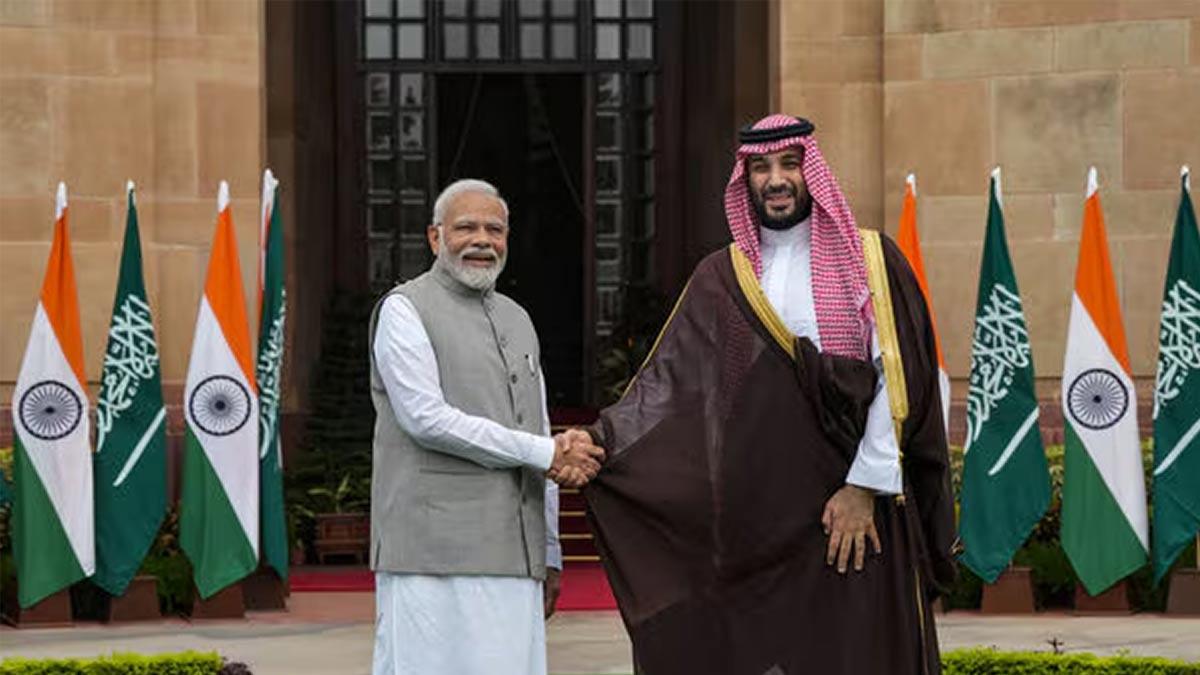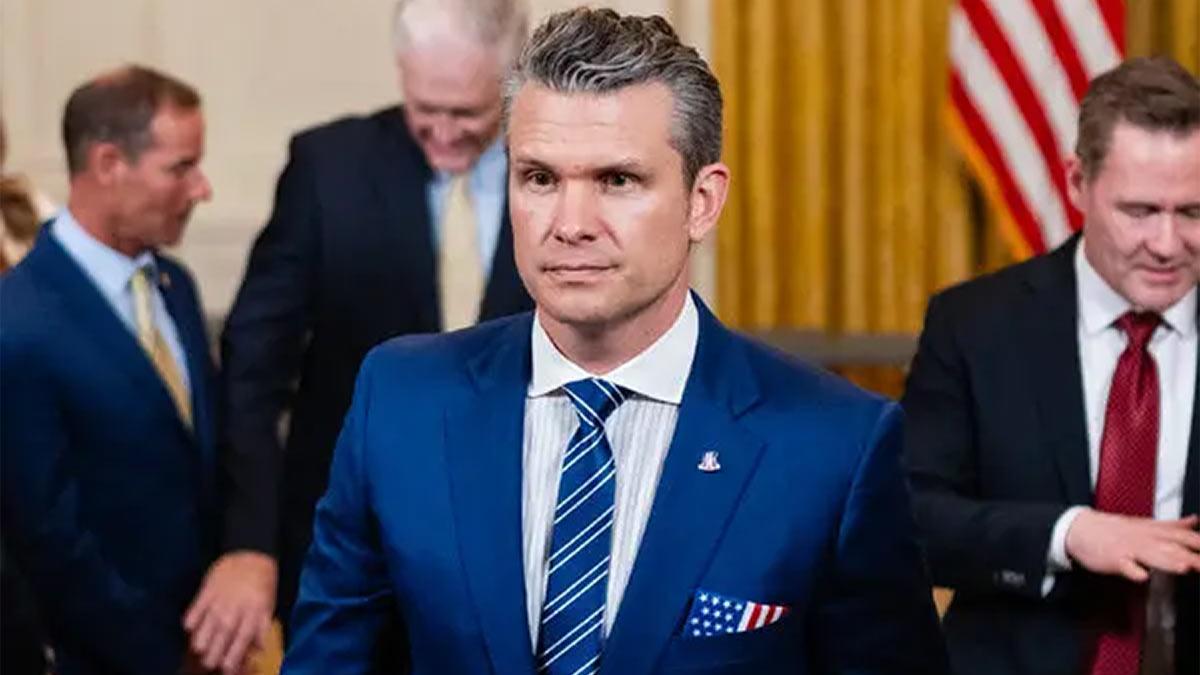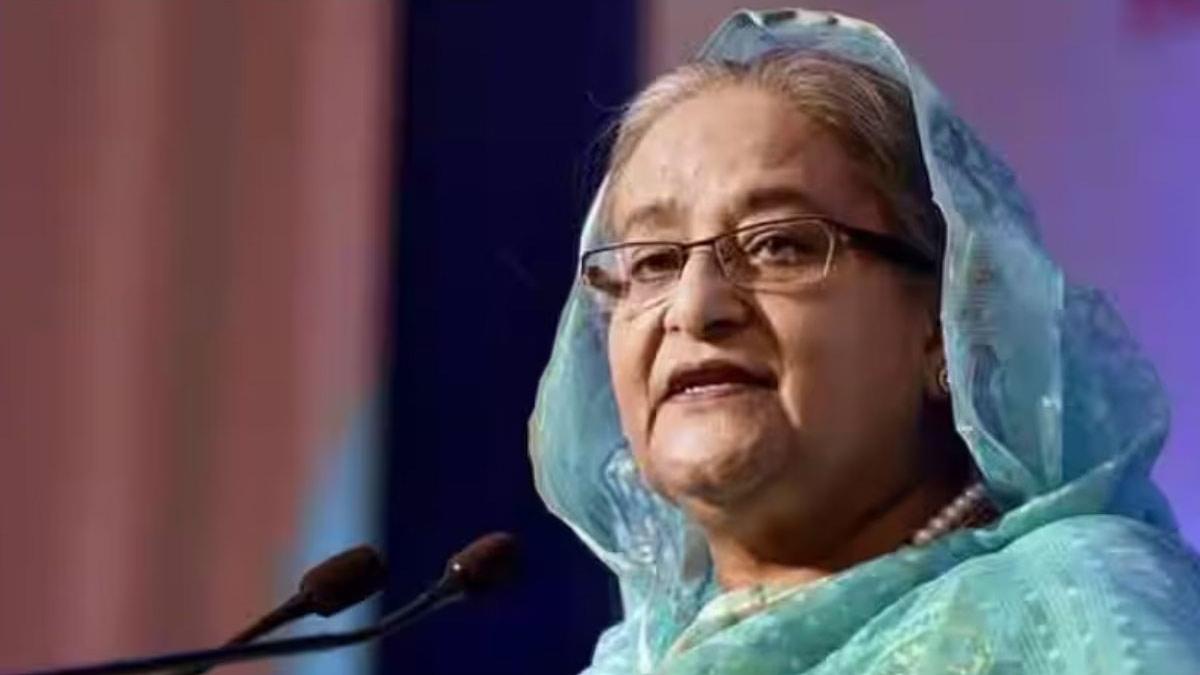The Trump administration has announced plans to put almost all staff at the United States Agency for International Development (USAID) on paid administrative leave, with about 1,600 US-based jobs being eliminated permanently.
The move, outlined in a notice distributed to agency employees and posted online, is a major change in US foreign aid policy and has been harshly criticized by former government officials and advocacy groups.
The notice states, "As of 11.59 pm EST on Sunday, February 23, 2025, all USAID direct hire employees, except for designated employees who perform mission-critical functions, core leadership, and/or specially designated programmes, will be put on administrative leave worldwide."
Concurrently, the agency has confirmed the application of a Reduction-in-Force (RIF) which will affect approximately 1,600 employees stationed in the United States.
Court Ruling Approves USAID Cuts
On Friday, a federal judge ruled in the administration's favor on sending thousands of USAID employees on leave, rejecting lawsuits brought by unions that had tried to prevent the reductions. The unions contended that the reductions were a purposeful attempt to abolish the agency.
Overwhelming Criticism from USAID Employees and Unions
The move has raised huge outrage, especially from unions of government workers and foreign aid activists. Former senior USAID official Marcia Wong expressed her shock on X, saying, "Eliminating US unique response capacity. Of crisis experts who help contain disease outbreaks, stabilize displaced populations – a shortsighted, high risk and frankly, stupid act."
Another ex-USAID official, who also spoke to Reuters anonymously, pointed out that the unsigned notice was not enforceable by itself and would need further personnel actions to be effectuated properly.
Musk and Rubio's Role in the Cuts
The deep spending cuts follow on a larger drive by billionaire Elon Musk, who has long campaigned for shrinking the government operations, especially through a department of government efficiency (DOGE). Musk went to Twitter to brag about "feeding USAID into the wood chipper."
Moreover, Secretary of State Marco Rubio, newly named as acting USAID administrator by President Trump, is presiding over the reorganization process.
Trump's Foreign Aid Halt and Executive Orders
This action comes on the heels of Trump's executive order establishing a 90-day halt in funding for foreign aid soon after he returned to office. The suspension impacted a broad array of programs, including those aimed at hunger, infectious disease, and displacement crises. Though security and counter-narcotics programs have been exempted for a total of $5.3 billion, USAID programs have seen less than $100 million in exemptions, far short of the roughly $40 billion the agency dispenses before the freeze.
Trump and his allies, such as Musk, have justified the cuts by arguing they are aimed at eliminating wasteful or misdirected expenditures on foreign aid projects. Nonetheless, critics complained that these abrupt cuts to USAID—a long-standing component of US "soft power" diplomacy—could erode the country's international influence and make it less capable of addressing international crises.
Fears exist that reductions will allow competing countries such as China to expand their own influence across the world.
At the same time, legal and advocacy organizations keep filing court challenges against the administration's moves.
Read also| Trump Praises Conservative Win in Germany, Criticizes ‘No Common Sense’ Policies


















